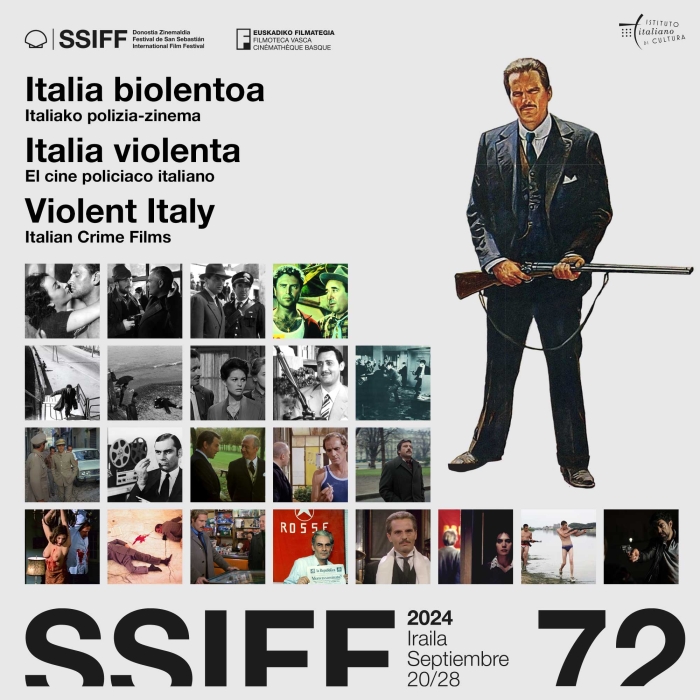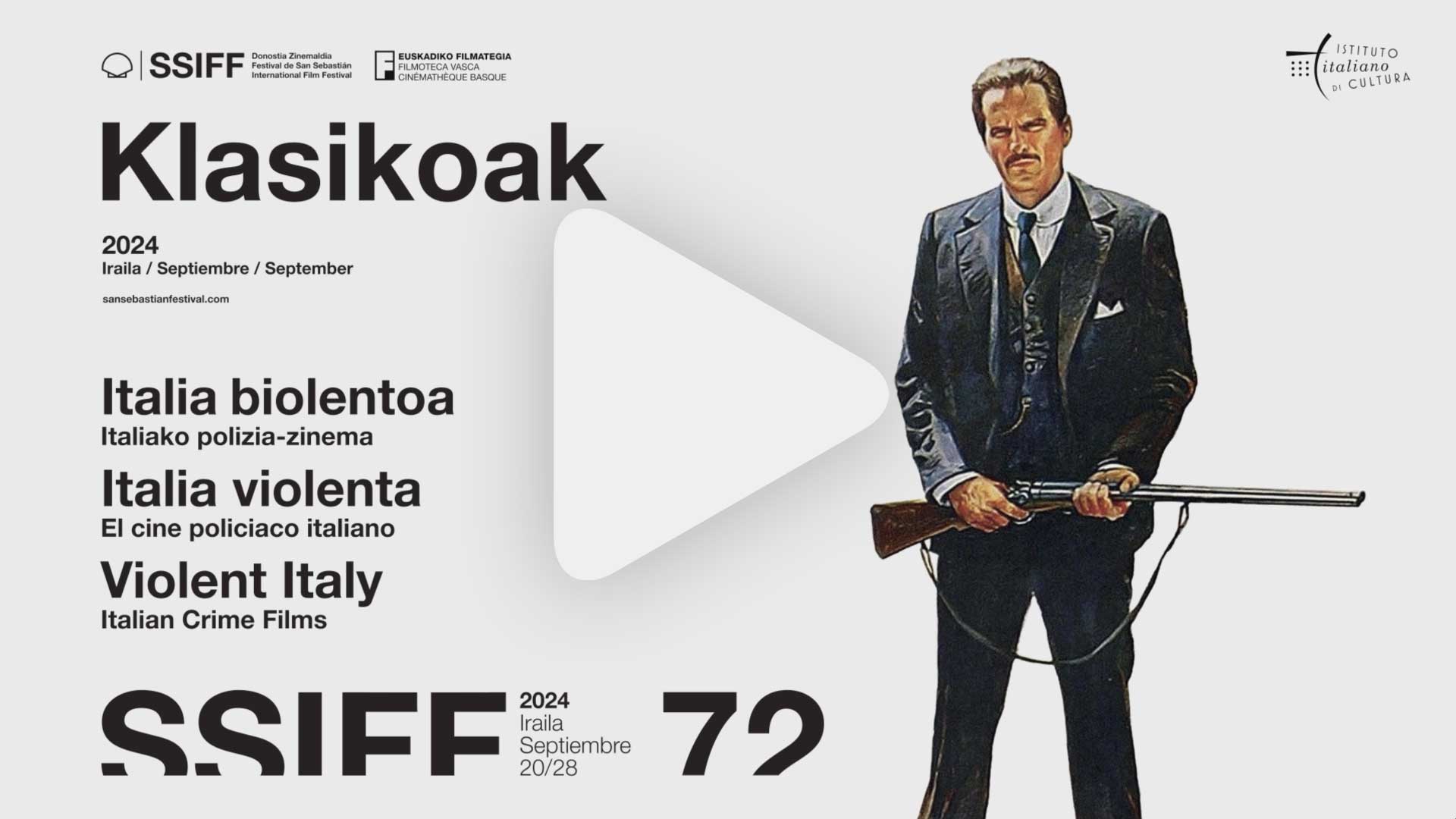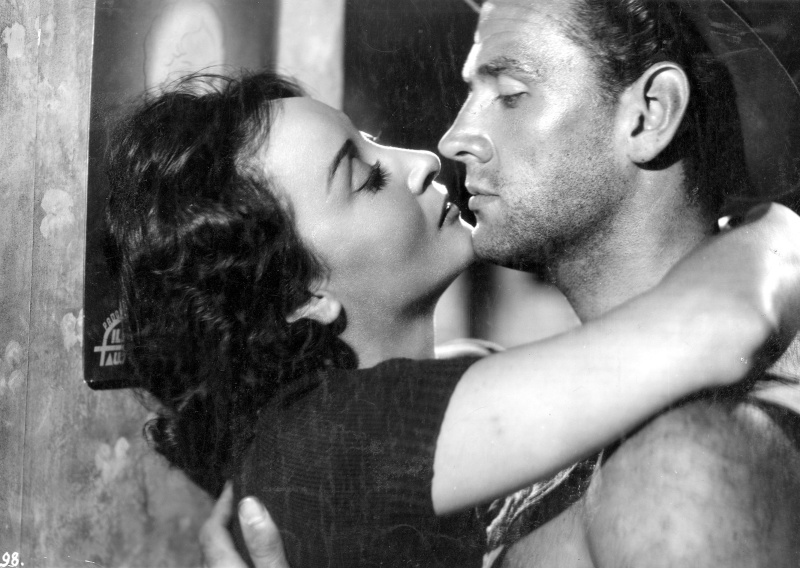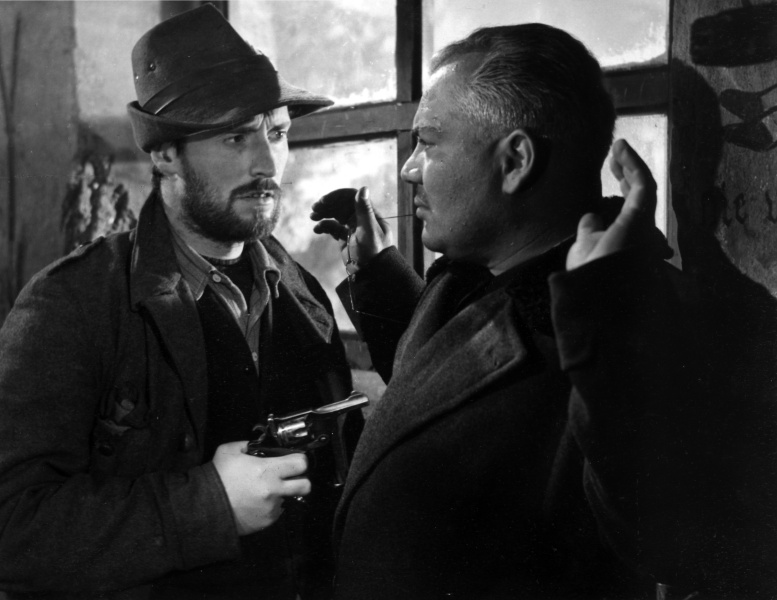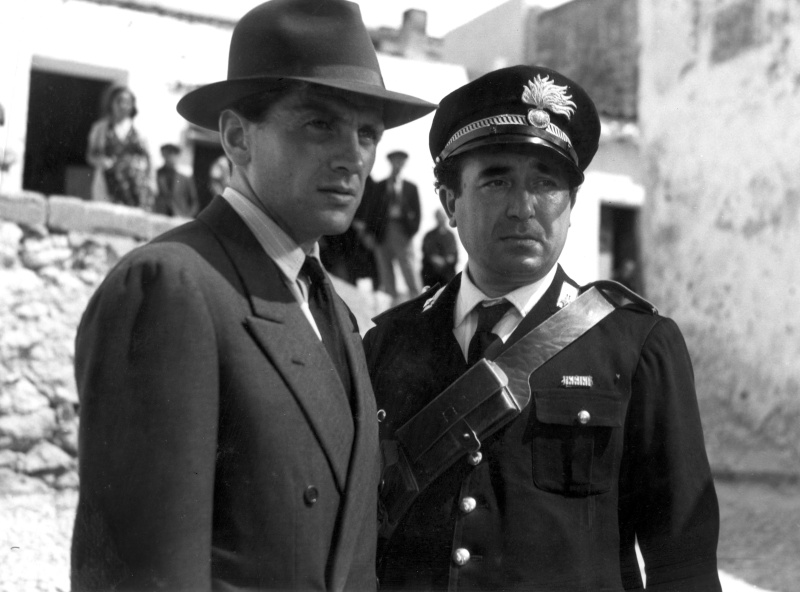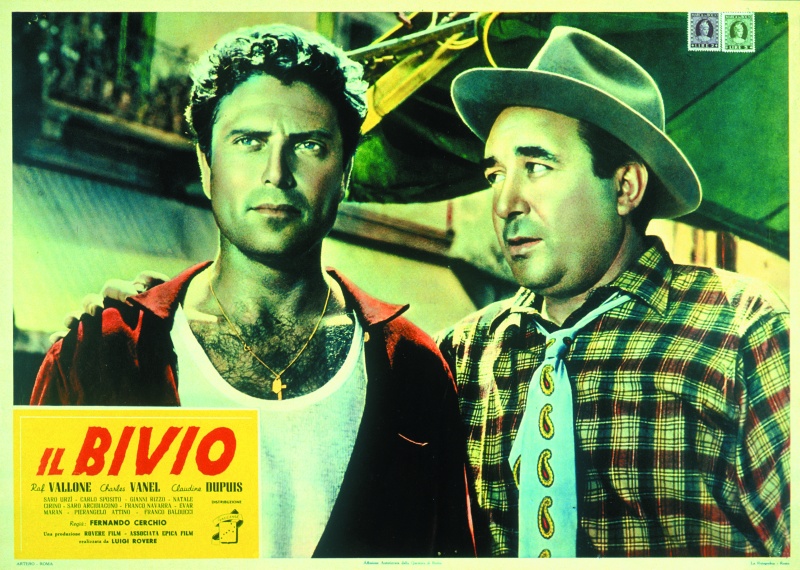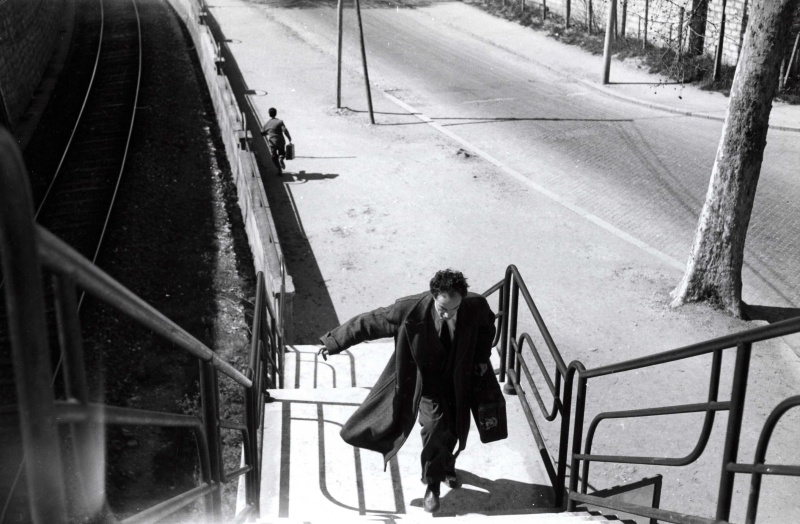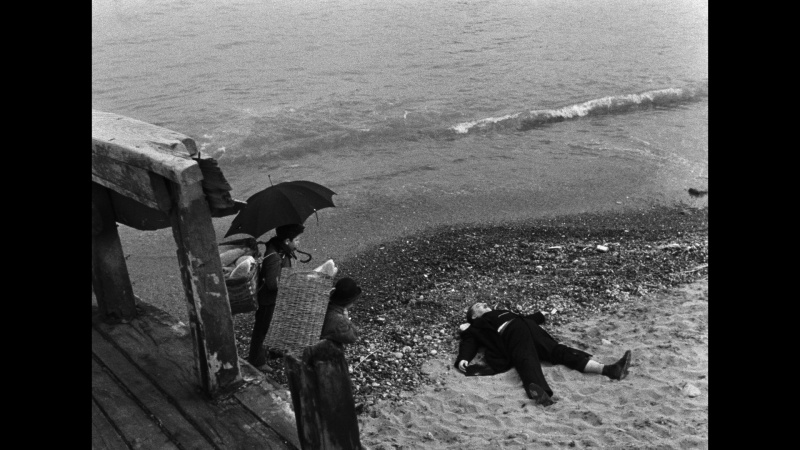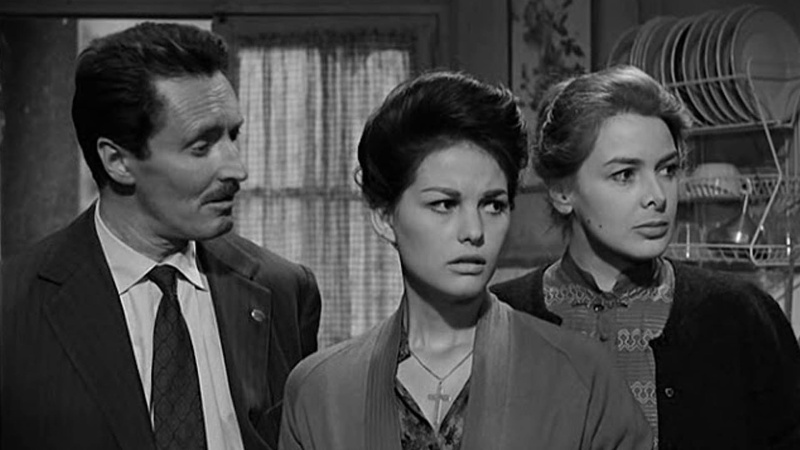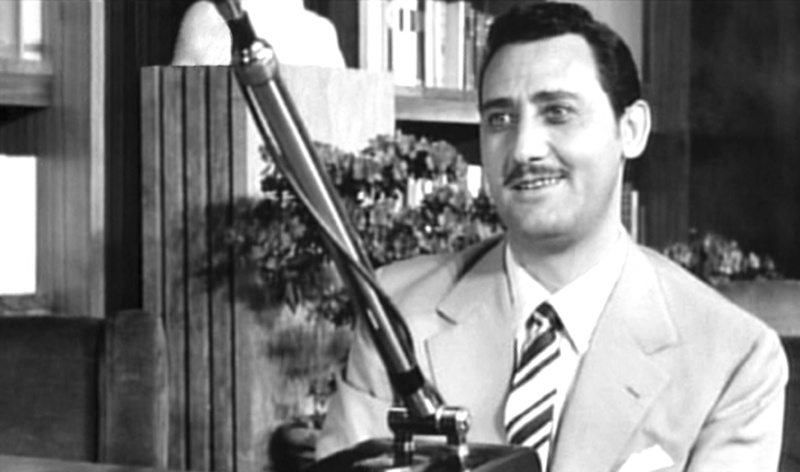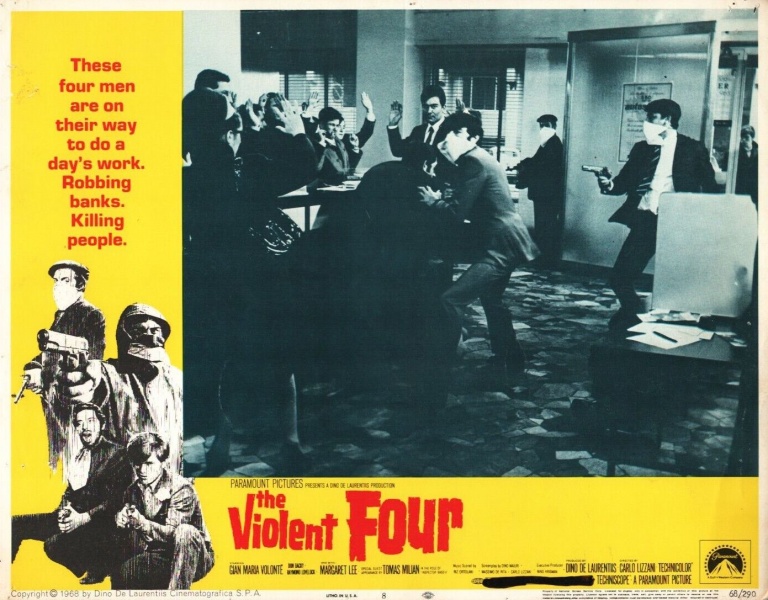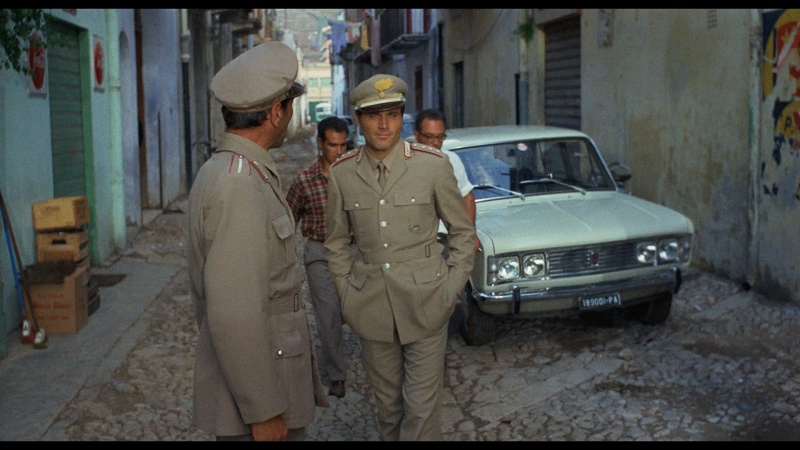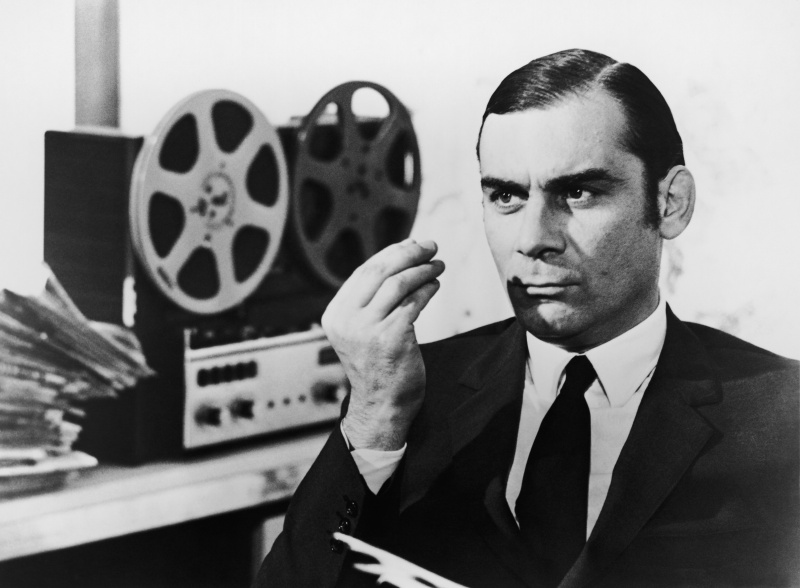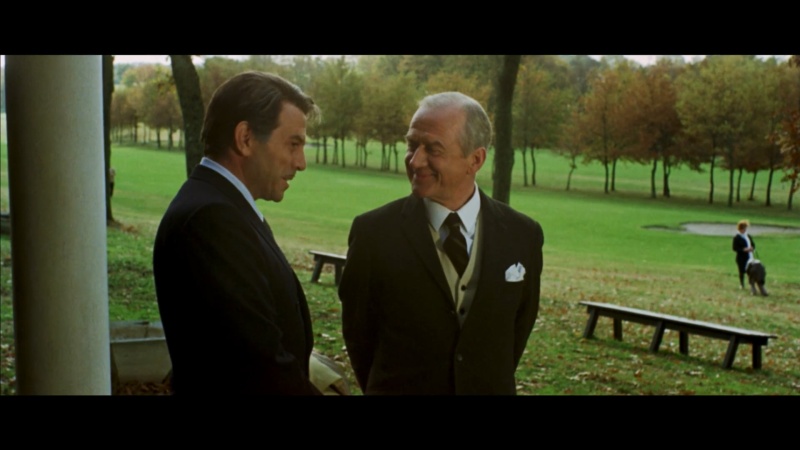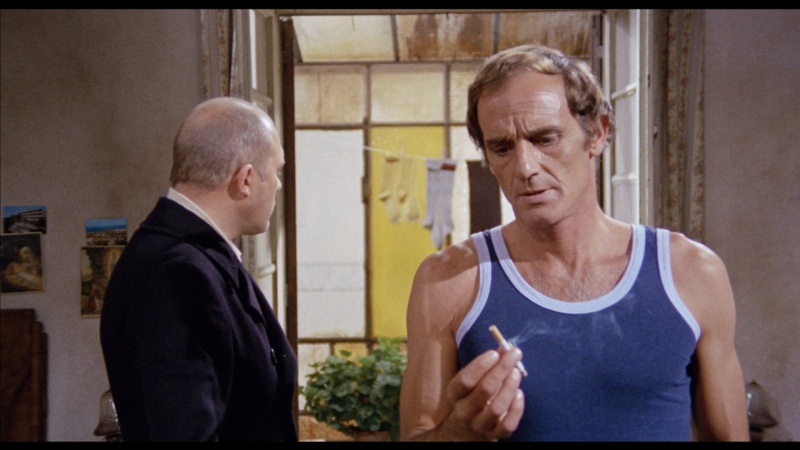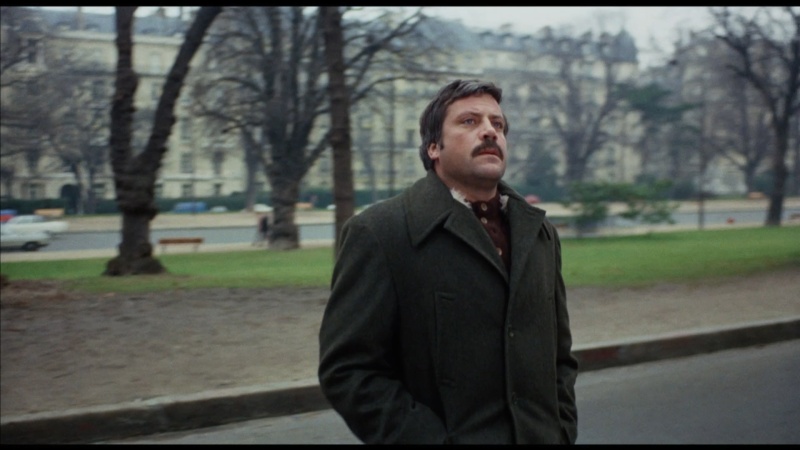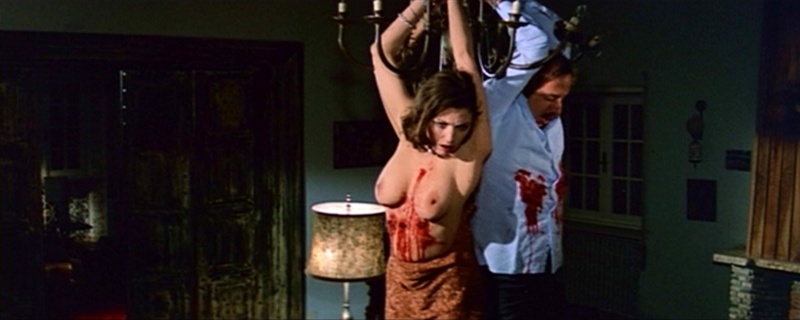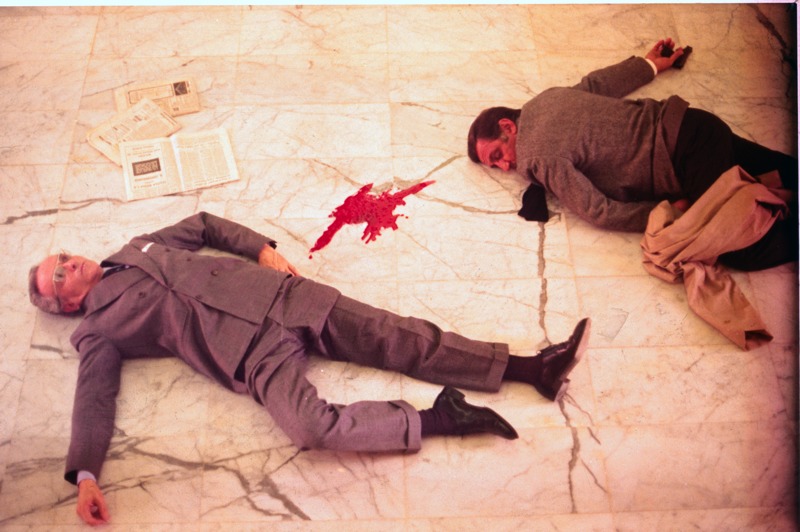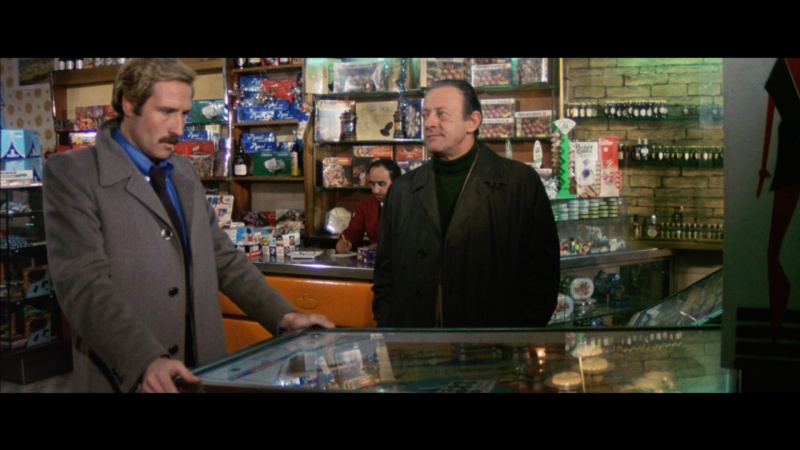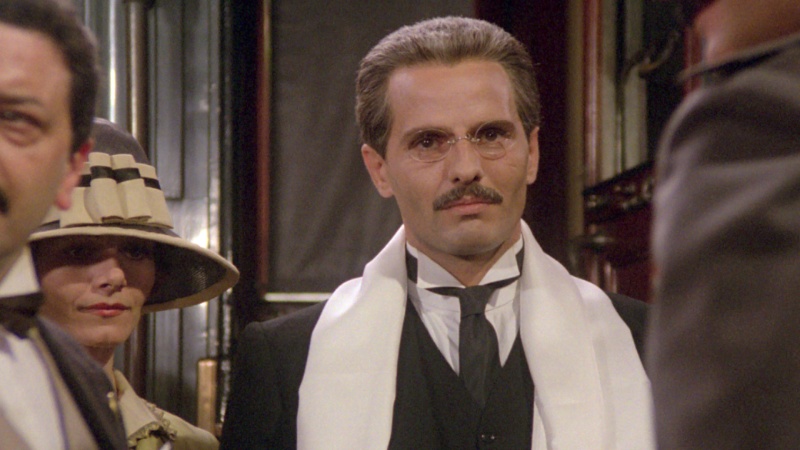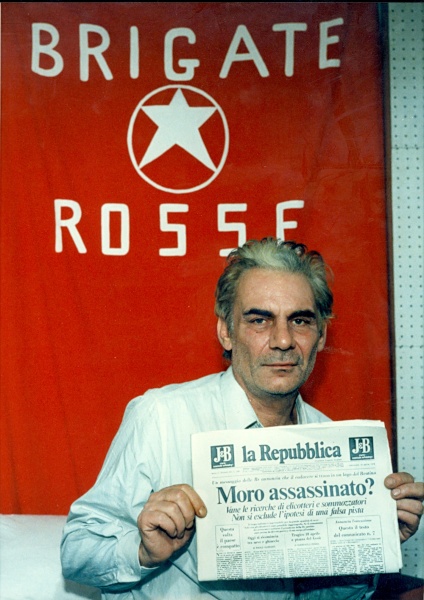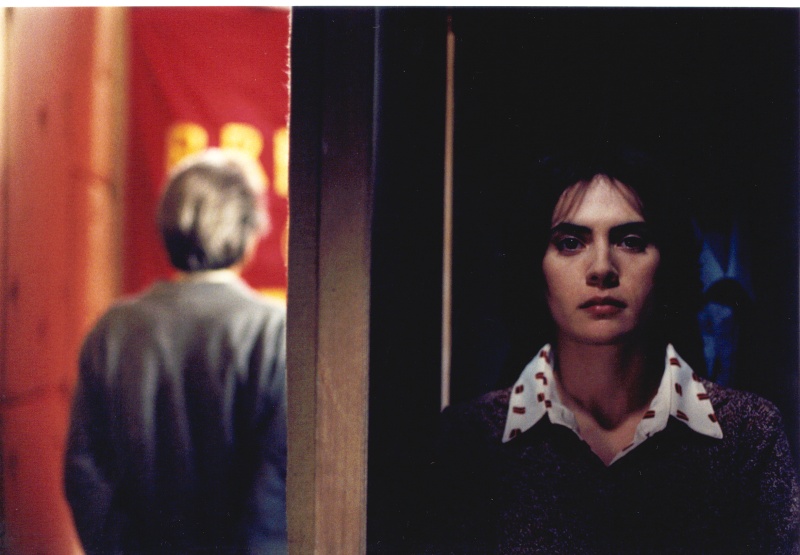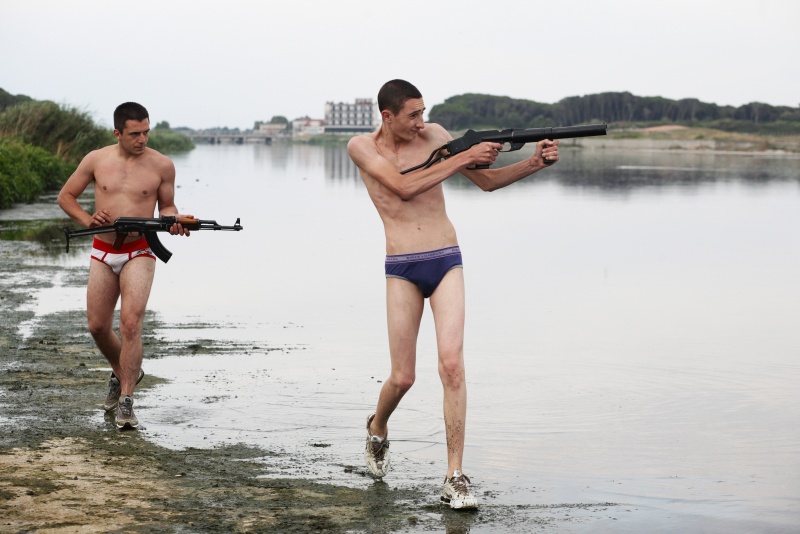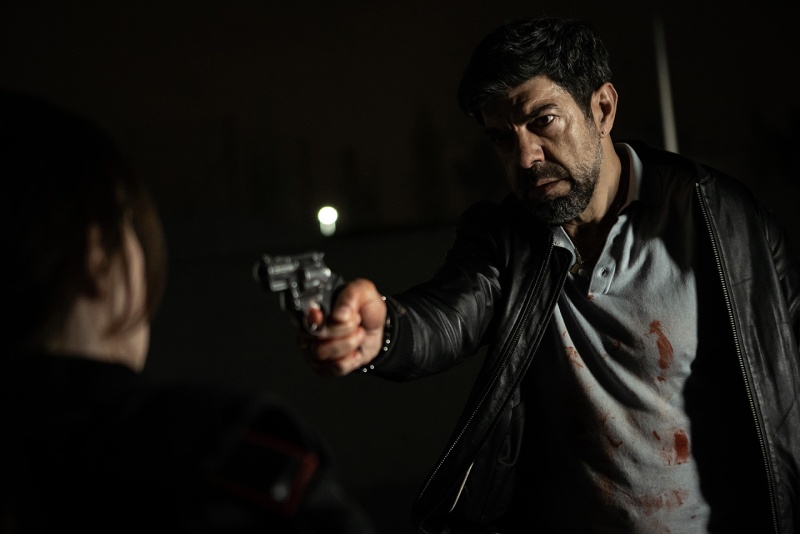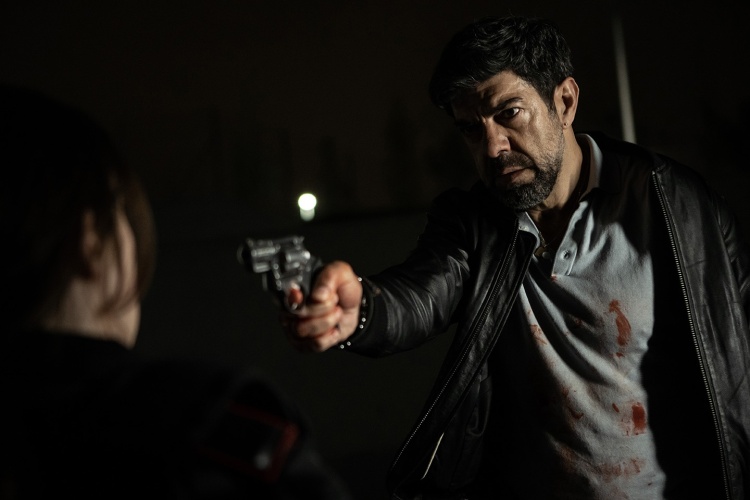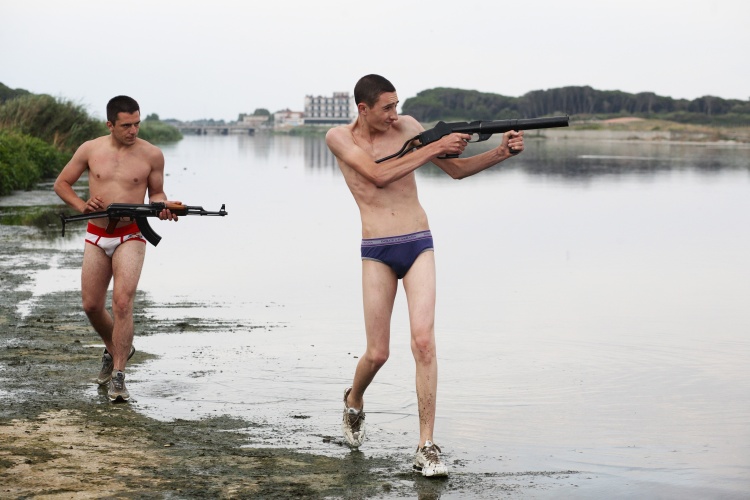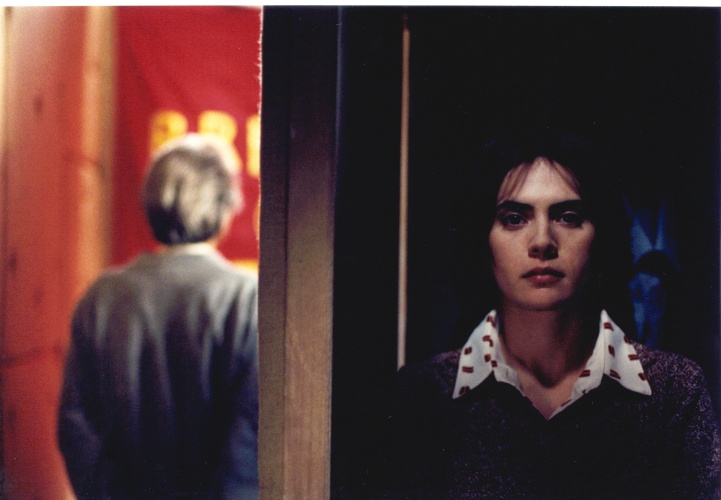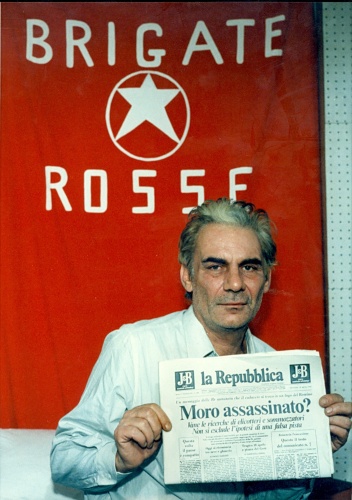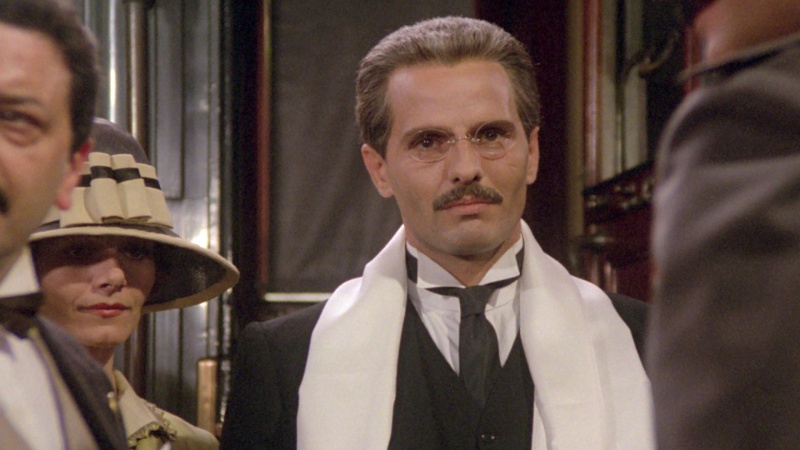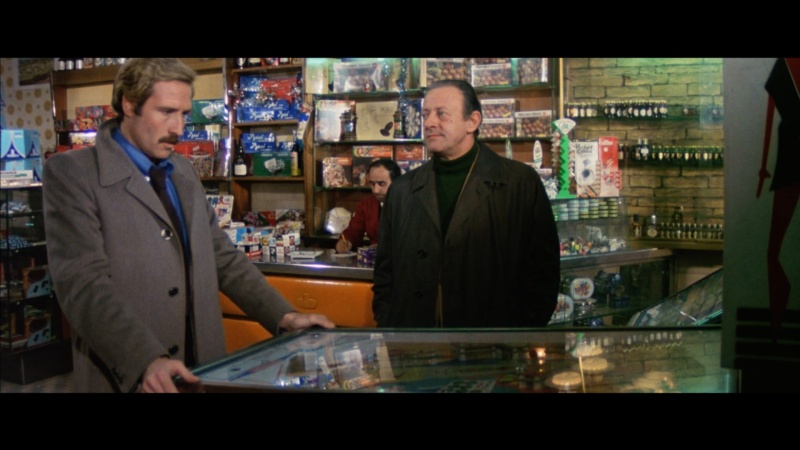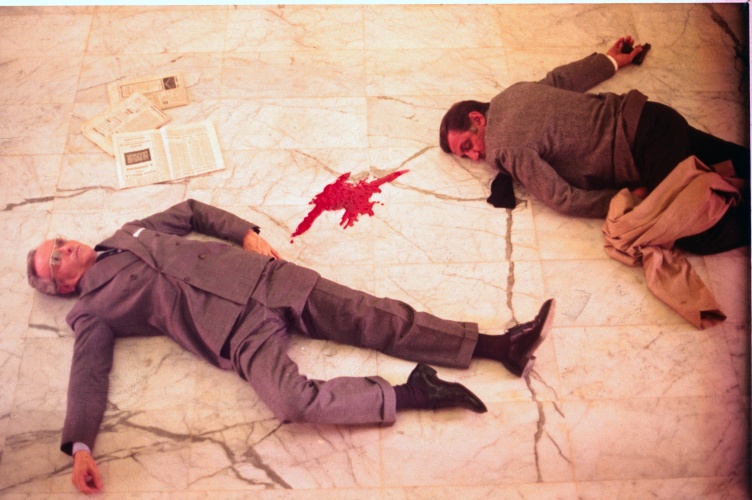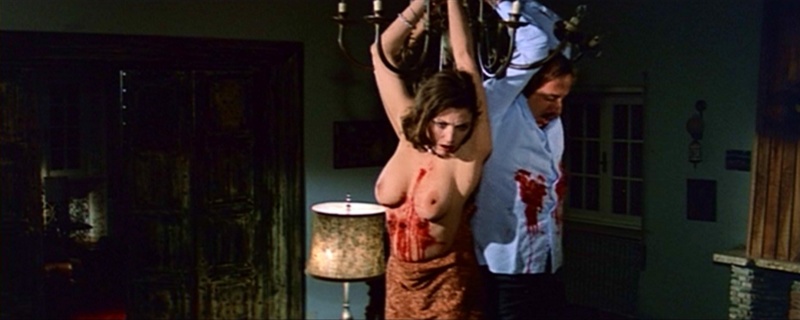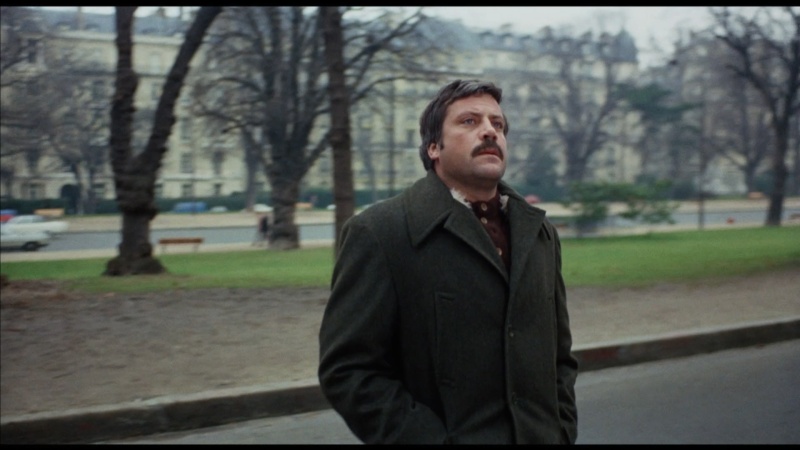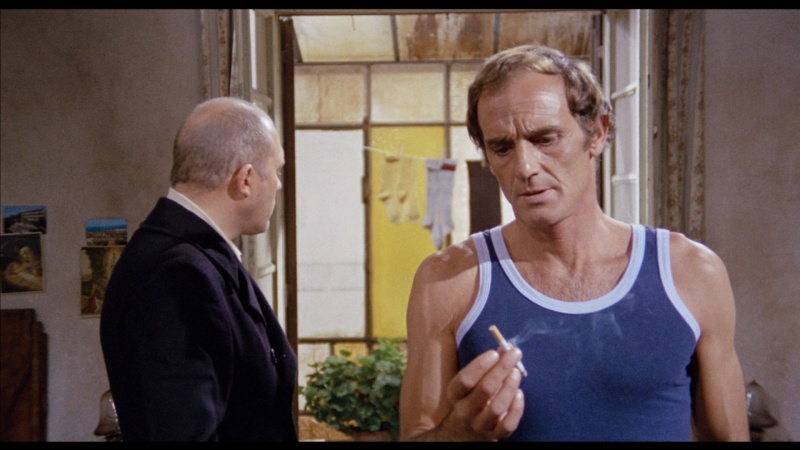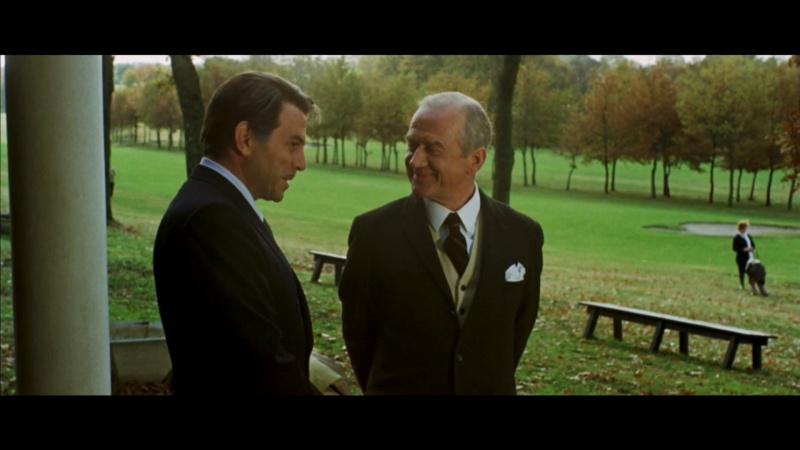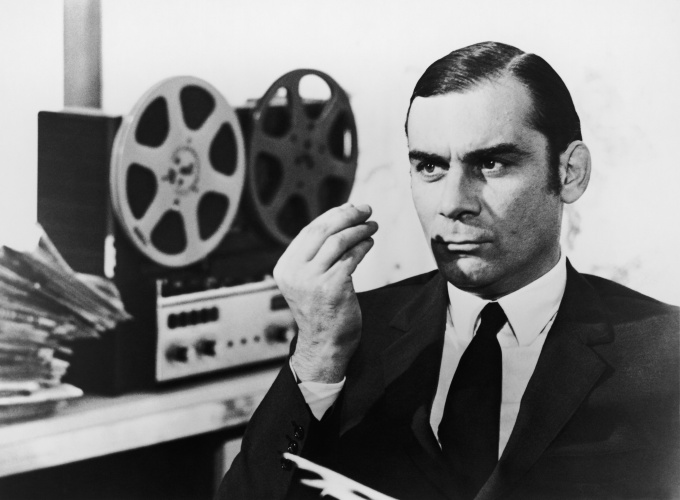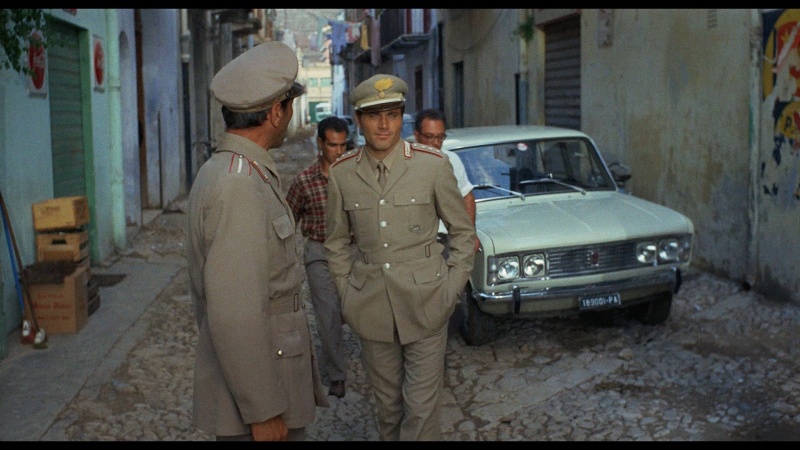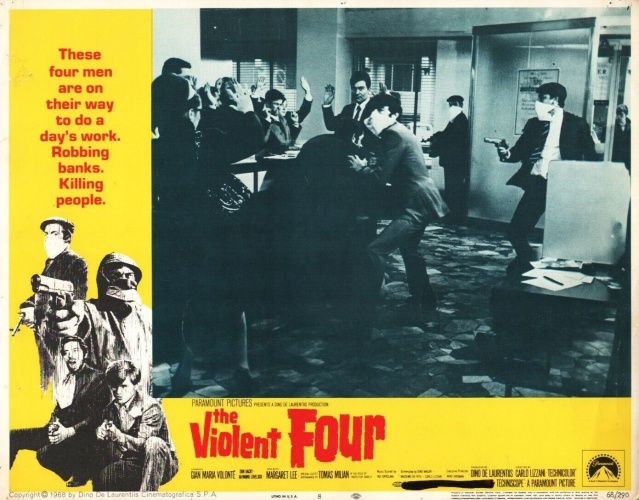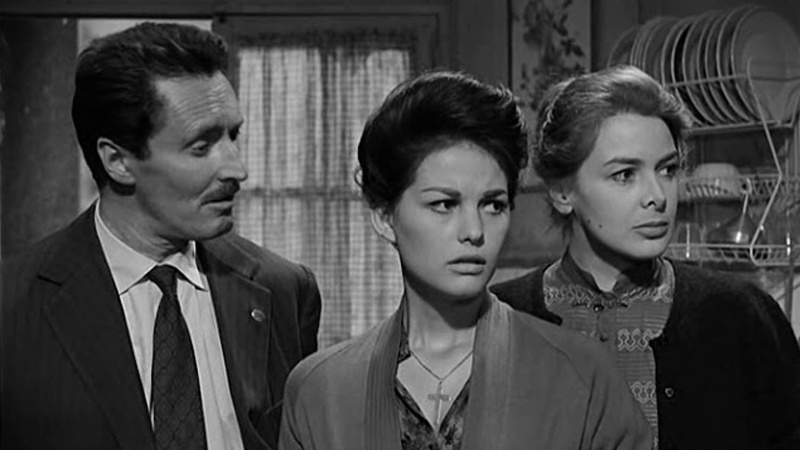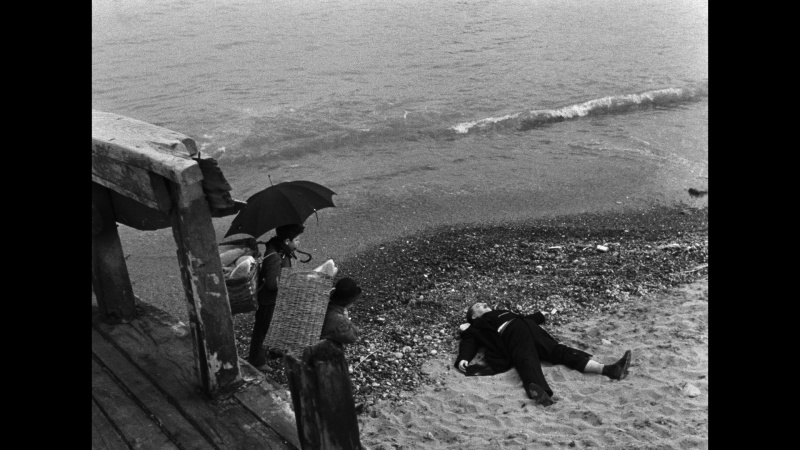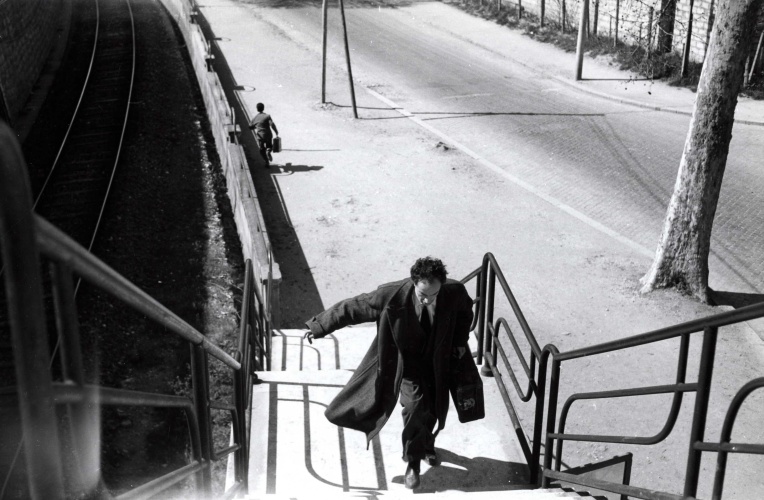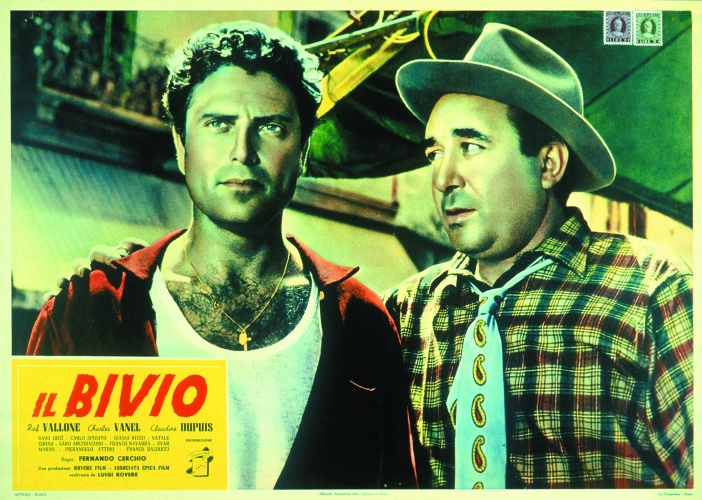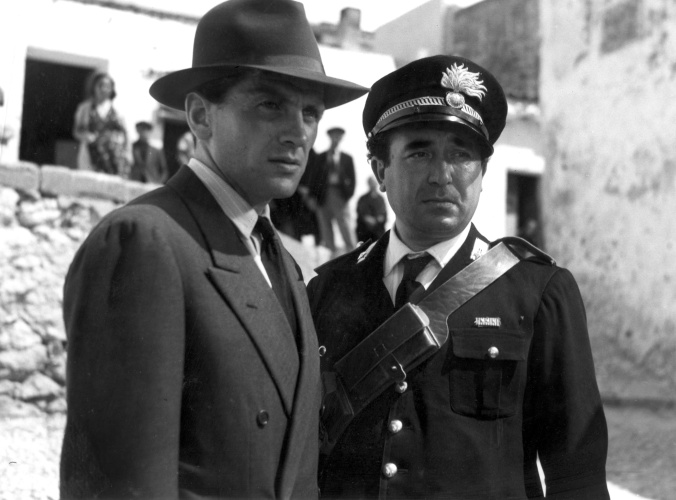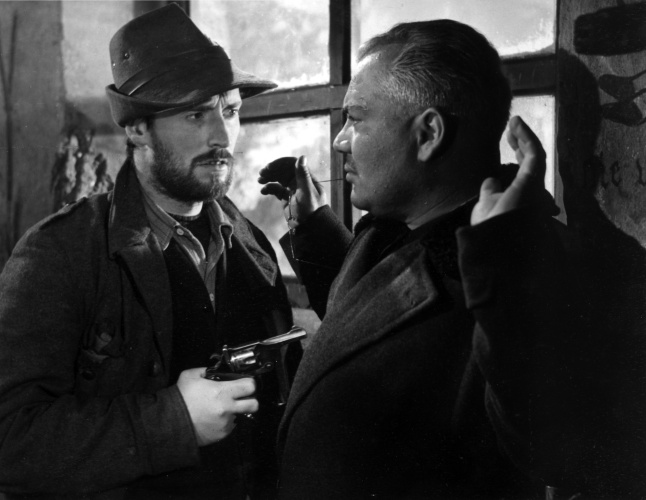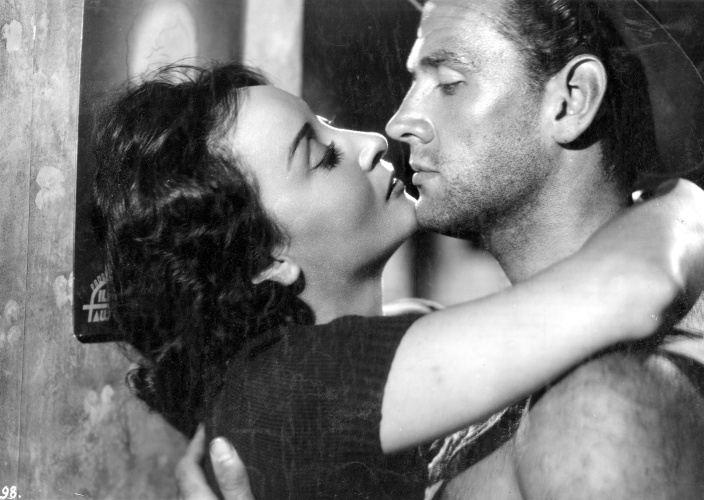A total of 22 feature films released between 1943 and 2023 will make up the retrospective at the 72nd edition of the San Sebastian Festival which, with the title of Violent Italy. Italian Crime Films, will give a complete rundown of the so-called poliziesco genre. The season will also include the publication of a book on the subject written by the historian Felipe Cabrerizo, coordinator of the retrospective with Quim Casas, a critic and member of the Festival Selection Committee.
Organised in collaboration with the Istituto Italiano di Cultura, the season will help to increase knowledge of a genre rendering an accurate portrait of the country and which is still today pending review from a contemporary perspective.
Despite the strict censorship imposed on crime movies by fascism, with Ossessione / Obsession (1943) Luchino Visconti will fire the starting gun for a genre that will be enormously revisited throughout the history of Italian cinema. Under its influence, Mario Soldati and Fernando Cerchio will analyse the consequences of war on the fabric of the country, and their influence will drive the severe approach that will mark Pietro Germi and Luigi Zampa in their portrayal of the growing phenomenon of criminal networks, on the other hand so common in Italian cinema that it was even giving them a comical slant in movies like Mafioso (Alberto Lattuada, 1962, Golden Shell for Best Film at the San Sebastian Festival). It will be Germi himself who will find the keys in Un maledetto imbroglio / The Facts of Murder (1959) that will enable the genre to take on a life of its own, turning its back on the as yet evident influence of the foreign benchmarks.
This will allow the poliziesco to follow a new road focused on taking the pulse of the society to have emerged in Italy after the collapse of the economic boom and the wave of social unrest of 1968. Damiano Damiani will open with Il giorno della civetta / The Day of the Owl (1968) a new sociological take on the problem of the Mafia and, following in the wake of Carlo Lizzani’s films, Elio Petri will take this political vein to its peak with Indagine su un cittadino al di sopra di ogni sospetto / Inquiry of a Citizen Above Suspicion (1969) in an undertaking endorsed by the Academy Award for Best Foreign Language Film. All of this will combine with more orthodox approaches moving the genre closer to the French polar thanks to filmmakers such as Fernando Di Leo (Milan, calibre 9 / Calibre 9, 1972) and Sergio Sollima (Revolver, 1973), in a panorama that gained in wealth until turning the poliziesco into a fundamental pillar of the Italian film industry, even capable of structuring an entire star system in which particular importance will be held by actors such as Tomas Milian, Franco Nero, Fabio Testi, Gian Maria Volonté, Maurizio Merli, Claudia Cardinale and Giuliano Gemma, protagonist of the poster for the season.
The appearance of terrorism will lead Italy into a veiled civil war that will find cutting-edge expression in La polizia ringrazia / Execution Squad (1972), a movie by Stefano Vanzina which would carry off the Silver Shell for Best Director at the San Sebastian Festival. This will be the starting point of the subgenre known as poliziottescho, a revamping of the crime movie from pure genre parameters that would become a true landmark of B movies in the 70s. The unprejudiced attitude of directors such as Umberto Lenzi or Pasquale Squitieri will unlatch the approaches of a hyperproduction that embodied the collapse of an entire country announced by Francesco Rosi in Cadaveri eccellenti / Illustrious Corpses (1976). The killing of Aldo Moro by the Red Brigades will prompt rigorous reflections by moviemakers including Giuseppe Ferrara and Marco Bellocchio while bringing about the collapse of a fiction apparently overwhelmed by reality itself. After a few years of deadlock, the genre will make a brilliant reappearance with Gomorra / Gomorrah (Matteo Garrone, 2008), the film that brought it back into the forefront, revealing itself to be key for the Italian cinema of the new millennium and which will be screened in a new 4k remastered director’s cut in this cycle.
In 2024 the San Sebastian Festival and the Filmoteca Vasca have promoted a festival of classic movies extended over time and space, grouped into three seasons: the dozen or so restored films programmed in spring by the Filmoteca at several cultural institutions throughout the Basque Autonomous Community, Navarre and the French Basque Country; the six films in the Klasikoak section and the retrospective announced in this press release. This year, a season of restored short films will also be screened, which will be announced soon and can be seen during the Festival dates.
Zinemaldia Podcast

#28 - Klasikoak: A festival of classic films extended over time and space
Giovanna is a young woman married to an older restaurant owner. Her sordid life changes with the appearance of a tramp who becomes her lover and urges her to kill her husband. Neorrealist adaptation of James M. Cain's novel The Postman Always Rings Twice.
At the end of World War II, a fascist criminal with an arrest warrant on his head tries to make an undercover escape to France with his son. When the train they are travelling on makes a stop and they are about to have dinner in a restaurant, he is recognised by the waitress.
A young judge is sent to the small Sicilian town of Capodarso. His mission will be to apply the law in a community accustomed to operating according to the Mafia rules and to living in a permanent state of insecurity. He soon realises that he's on his own and that the locals are not about to collaborate. Based on a magistrate's autobiographical novel.
Tale of a decorated war hero turned gangster. Deciding to become a policeman to better help his partners in crime, he falls in love with a young woman and starts thinking about leaving his former accomplices. A rare animal of the crime genre still illuminated by the light of the neorrealist style.
As a football match is being played, four criminals rob the stadium ticket office. Before they can make their getaway, they are discovered and a chase ensues, prompting them to split up before they can divide the money. Award for Best Italian Film at the Venice Mostra.
The judge tasked with solving the murder of a respectable citizen from Naples discovers that the victim belonged to an extensive criminal network. The judge wavers between his duty, his principles and the strong pressure meted out by the political authorities and the upper-crust. Based on true cases of the struggle against Neapolitan organised crime.
A robbery and a murder take place in two apartments of a same building. The inspector in charge of the case (played by the director himself, Pietro Germi) will gradually unveil the miserable situation of all those involved in the affair to a greater or lesser extent. One of Germi's most representative films.
An honest man who lives and works in Milan returns to his native Sicily for a holiday, a situation taken advantage of by the director of his company to send a package to the local Mafia boss. From here on in, the character played by Alberto Sordi finds himself caught up in the organised crime business. Golden Shell at the San Sebastian Festival in 1963.
Cavallero is a man of seemingly respectable appearance, catholic and conservative. However, he and three friends are in fact a band of thieves who rob banks in several Italian cities. A study of the Milanese criminal underworld based on the heists and murders committed by the Cavallero gang in the second half of the 60s.
The Sicilian Mafia, who control the construction business, have powerful mechanisms to enforce and remain in power. The storyline opens with the murder of a syndicalist and the disappearance of a man. As the police investigate the wife of the missing man and suspicions start to hone in on a major Mafia kingpin, they find their work being systematically hampered from the highest echelons.
The head of the homicide squad, played by the iconic Gian Maria Volonté, murders his mistress and plants clues against himself, not fond of seeing people beat the system and the culprits going free. Dissection of the political authorities and the police force that earned its director, Elio Petri, great acclaim.
An organised group kills notorious criminals who have never been tried and inspector Bertone is given the task of catching this clique of avengers. A clever analysis of the conventions and limits of the legal system made parallel to a number of movies of a similar nature shot in Hollywood. Silver Shell for Best Director at San Sebastian in 1972.
The Americano's gang tries to recoup 300,000 dollars that have mysteriously vanished. Everyone suspects Ugo Piazza, sentenced to several years in jail. On his release, the Americano's right-hand man is waiting to find out where the money is. The best Italian thriller of all times in the effusive words of Quentin Tarantino.
Kidnappers have snatched the wife of a prison warden, played by the homeric Oliver Reed. She'll be killed if they don't release the prisoner embodied by Fabio Testi. Eventually the warden and the prisoner are thrown into an unlikely conspiracy when the latter realises that his former gang plans to get rid of him. Poliziesco with the music of Ennio Morricone, programmed in collaboration with the Sitges Festival.
Considered to be the most violent of the Italian crime movies, the protagonist is a sick and sadistic criminal who will kill anyone who stands in the way of his goals. Key movie in Tomas Milian's career in the genre. Henry Silva, usually the murderer in these films, plays the police inspector. The English title is emphatic in its reference to the lead character: Almost Human.
In a region of Southern Italy, a murderer kills several judges. The inspector brought in to solve the case finds himself following the steps of a pharmacist sentenced for poisoning. An example of Francesco Rosi's thrillers based on a novel by Leonard Sciasci and featuring one of the stars of the French polar, Lino Ventura.
A Roman police commissioner witnesses how arrested criminals avoid jail by invoking an assortment of legal dodges. The only solution for him is to become an angel of death. The film unites four of the heavyweights in the genre (the actors Tomas Milian and Maurizio Merli, the director Umberto Lenzi and the screenwriter Dardano Sacchetti) while entertaining a themed dialogue with another title in the season: La polizia ringrazia.
In 1925, Mussolini sent Cesare Mori to Sicily to occupy the position of Prefect. His mission was to fight the Mafia. The fascist regime was worried about its power and influence, and the next four years went down in history as the time of the Iron Prefect, who arrested and sentenced more than two thousand mobsters. Based on a true case of the struggle against the Sicilian Mafia.
Reconstruction of the kidnap and murder of Aldo Moro, leader of the Christian Democratic Party, by the Red Brigades in 1978, with Gian Maria Volonté in the part of the polititian who advocated the making of ties with the Communist faction headed by Enrico Berlinguer.
Chiara is a passionate, Utopian and revolutionary youngster who hides her true identity as a member of the Italian Red Brigades in the late 70s. At first sight she is a normal girl who moves into a new flat with her boyfriend. However, her friend Enzo starts to suspect that not all is what it seems. One of Marco Bellocchio's outstanding takes on Italy's political and criminal fabric.
The residents of the Naples and Caserta provinces must obey the Mafia rules. Five stories interweave in this violent scenario, set in a cruel and only apparently imaginary world. Based on the novel of the same name by Roberto Saviano, this razor-sharp tale of the Neapolitan Camorra won the Grand Jury Prize at the Festival de Cannes in 2008. New 4k remastered director’s cut.
On the night before his retirement, a police lieutenant is called to investigate the scene of a crime. The victim is the protagonist's best friend. One of the most recent examples of the survival of Italian crime movies.

